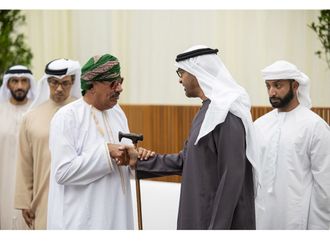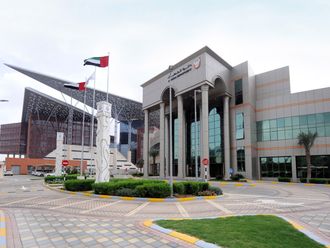The European Union (EU) is willing to provide "assistance or advice" on the formation of the "neutral-flag patrol fleet" to pursue pirates running towards another border, a British official said during Manila's gathering of 100 experts on maritime security and diplomats from the Association of South-east Asian Nations (Asean) and EU.
In the proposed "neutral-flag patrol fleet", maritime police and navies of countries in Asean can band together and join in tracking down fleeing pirates, said William Gillan, deputy director for the safety division of the UK's Department of Transport.
"The neutral-flag patrol fleet might police sea lanes where there is no national jurisdiction. There is a question on how to police these waters to ensure piracy incidents were followed up," noted Gillan during the conference, which was attended by representatives of 15 EU and 10 Asean members.
The set-up is a "derivative" of the formally or informal bilateral agreements of Asean countries, said Gillan.
"It has been proven that if you have vessels out there patrolling, the incidents of piracy go down," explained Alberto Encomienda, head of the Maritime and Ocean Affairs Unit of the Philippine Foreign Affairs Department.
The EU is "interested" in having exchanges with Asean coast guard agencies in conducting joint exercises and training in the use of technical equipment, said Christopher Sager, head of the Maritime Department of the UK Foreign and Commonwealth Office.
The EU would also be willing to provide training in investigation techniques or set up and manage comprehensive database systems of piracy cases, added Sager.
Asean experts admitted that detection and apprehension of pirates in their territorial waters still needs improvement.
EU also offered to seek funding for South-East Asian maritime experts to study piracy and Law of the Sea in a university in Sweden by August.
The Philippines is actively involved in the fight against piracy because there are more than 200,000 Filipino seafarers around the world, said Philippine Vice-President and Foreign Affairs Secretary, Teofisto Guingona Jr.
"The security environment that has emerged from the rubble of the September 11 incident in the U.S. introduces new perspectives, and necessitates new approaches to the problems posed by international maritime terrorism, which includes piracy," said Guingona.
EU offers help to tackle sea terrorism
The European Union (EU) is willing to provide "assistance or advice" on the formation of the "neutral-flag patrol fleet" to pursue pirates running towards another border, a British official said during Manila's gathering of 100 experts on maritime security and diplomats from the Association of South-east Asian Nations (Asean) and EU.










